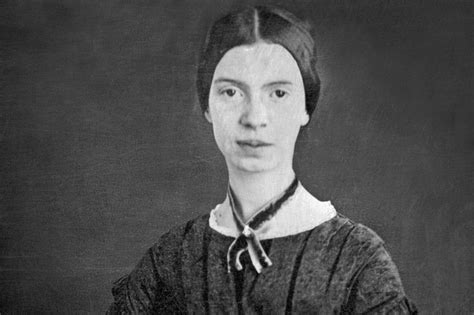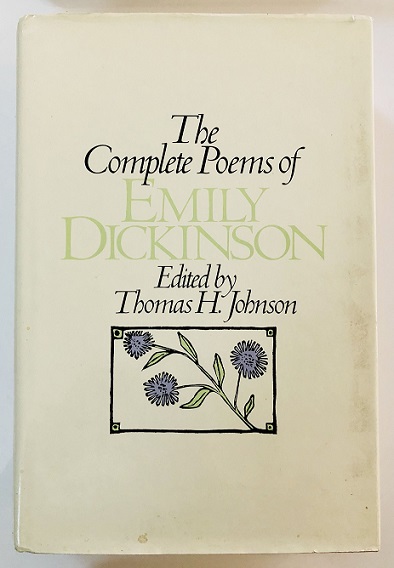|
home | what's new | other sites | contact | about |
||
|
Word Gems exploring self-realization, sacred personhood, and full humanity
Emily Dickinson For each ecstatic instant
Emily Dickinson (1830-1886)
For each ecstatic instant
We must an anguish pay In keen and quivering ratio To the Ecstasy. For each beloved hour Sharp pittances of years, Bitter contested farthings And coffers heaped with tears.
‘For each ecstatic instant’ is a short lyric by Emily Dickinson about the relationship between pleasure and pain, joy and suffering. The Earl of Rochester, in the seventeenth century, had asked, ‘All this to love and rapture’s due; / Must we not pay a debt to pleasure too?’ In ‘For each ecstatic instant’, Emily Dickinson answers with a resounding, if regretful, Yes. Every moment of joy must have its corresponding moment of misery. Pleasure must be paid for with pain. And ‘paid’ is the word: in the second stanza of this short poem, Emily Dickinson specifically draws on the language of financial exchange to describe this relationship between happiness and misery, joy and anguish... It also seems to outweigh the thing it purportedly balances: a coffer full of tears sounds like a lot of heartache for what is, remember, only an ‘instant’ of ecstasy. Similarly, one hour of pleasure, we are told, must be paid for with years of unhappiness, ‘Sharp pittances’. [i.e., the "beloved hour" is contrasted with "sharp" or keen perception of its loss which might color one's life for years]
pittance (n.) c. 1200, pitaunce, "pious donation to a religious house or order to provide extra food; the extra food provided," also "a small portion, scanty rations," from Old French pitance "pity, mercy, compassion; refreshment, nourishment; portion of food allowed a monk or poor person by a pious bequest," apparently literally "pity," from the source pity. Perhaps via Medieval Latin *pietantia, from an assumed verb *pietare, or otherwise derived from Latin pietas. Meaning "small amount, portion, or quantity" is attested by 1560s.
1775 poems
|
||
|
|

